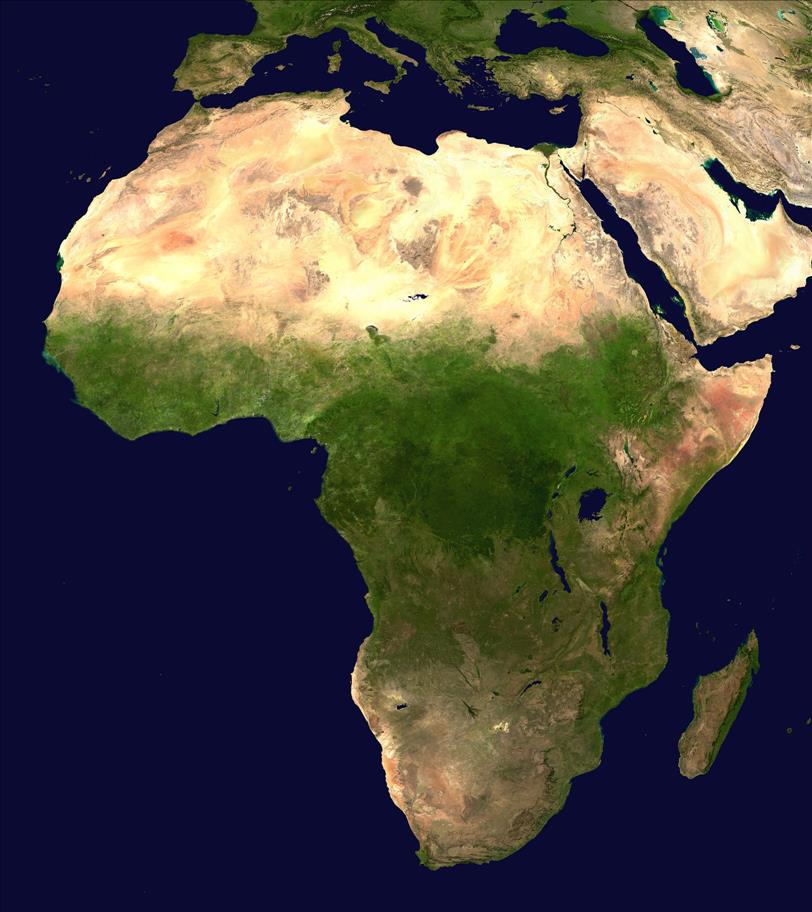AI-Led Health Evolution In South Africa
A wave of innovations powered by artificial intelligence, wearable devices and data analytics is accelerating change in South Africa's healthcare landscape. AI‐enabled mobile X‐ray units are now detecting tuberculosis signs-even in asymptomatic individuals-within high‐risk communities, enabling earlier diagnoses and reducing transmission. Controllers also report that healthcare providers are integrating AI more deeply than the global average, using it not only for in-hospital patient monitoring but also for treatment planning, medication management and preventive care.
AI's strength lies in streamlining clinical workflows: South Africa leads global adoption in applying AI for diagnosis and decision support. The Future Health Index highlights that 61% of local healthcare institutions leverage AI in treatment planning, 60% in care monitoring and preventive services, and 57% in managing medication. Such integration eases workloads, supports accurate diagnoses and delivers more targeted patient care.
On the research front, a scoping review of AI use in South Africa since 2020 finds growing applications of machine learning in tackling diseases such as HIV, tuberculosis and cancer. Despite this progress, broader adoption is hampered by limited access to high‐quality, large‐scale datasets outside oncology, and persistent shortages of big data infrastructure.
Public attitudes towards AI in serious health decisions remain cautious. A survey examining trust in AI when facing severe illness revealed a strong preference for human doctors over AI-driven judgement. This reflects enduring scepticism and underscores the importance of ensuring ethical deployment, robust governance and transparent accountability in AI systems.
Regulatory frameworks still lag behind. Legal experts note that South African laws governing technological tools in health, especially software as a medical device, need expansion. Current guidelines are insufficiently adaptive, fail to anticipate AI's autonomous capacities, and don't clearly address liability or informed consent when AI systems contribute to care provision. A human‐rights centered policy approach is urgently needed for ethical AI integration.
See also Global Climate Summit in Zambia Demands Increased Funding for Adaptation EffortsOn the frontier of tech innovation, South African startups are deploying wearable devices and predictive analytics to support personalised health strategies and public health planning. HealthQ, for instance, uses wearables to monitor and anticipate cardiovascular and metabolic risks, while predictive models assist in optimising resource allocation across health facilities.
At the continental level, AI is markedly transforming healthcare, including in South Africa. Diagnostic tools, telemedicine platforms, predictive systems and remote monitoring are reshaping public health delivery, bringing services to underserved areas and supporting data‐driven clinical care.
Underlying these developments is the pressing need to digitise fragmented health data. Machine learning thrives on diverse, interoperable datasets. Yet in South Africa, as in other parts of the Global South, the absence of standardised digital health records, combined with privacy concerns and infrastructural limitations, impedes AI's potential to deliver equitable benefits.
Nevertheless, momentum is building. The convergence of mobile diagnostics, AI-assisted workflows, personalised wearables and emerging analytics platforms points to a smarter, more efficient healthcare model. Success will depend on bridging data gaps, fostering public and professional trust, tightening regulatory oversight, and ensuring inclusive access.
Notice an issue? Arabian Post strives to deliver the most accurate and reliable information to its readers. If you believe you have identified an error or inconsistency in this article, please don't hesitate to contact our editorial team at editor[at]thearabianpost[dot]com . We are committed to promptly addressing any concerns and ensuring the highest level of journalistic integrity. Legal Disclaimer:
MENAFN provides the
information “as is” without warranty of any kind. We do not accept
any responsibility or liability for the accuracy, content, images,
videos, licenses, completeness, legality, or reliability of the information
contained in this article. If you have any complaints or copyright
issues related to this article, kindly contact the provider above.
Most popular stories
Market Research

- Invromining Expands Multi-Asset Mining Platform, Launches New AI-Driven Infrastructure
- Superconducting Materials Market Size, Trends, Global Industry Overview, Growth And Forecast 2025-2033
- United States Lubricants Market Growth Opportunities & Share Dynamics 20252033
- Building Automation System Market Size, Industry Overview, Latest Insights And Forecast 2025-2033
- Brazil Edtech Market Size, Share, Trends, And Forecast 2025-2033
- Australia Automotive Market Size, Share, Trends, Growth And Opportunity Analysis 2025-2033






















Comments
No comment